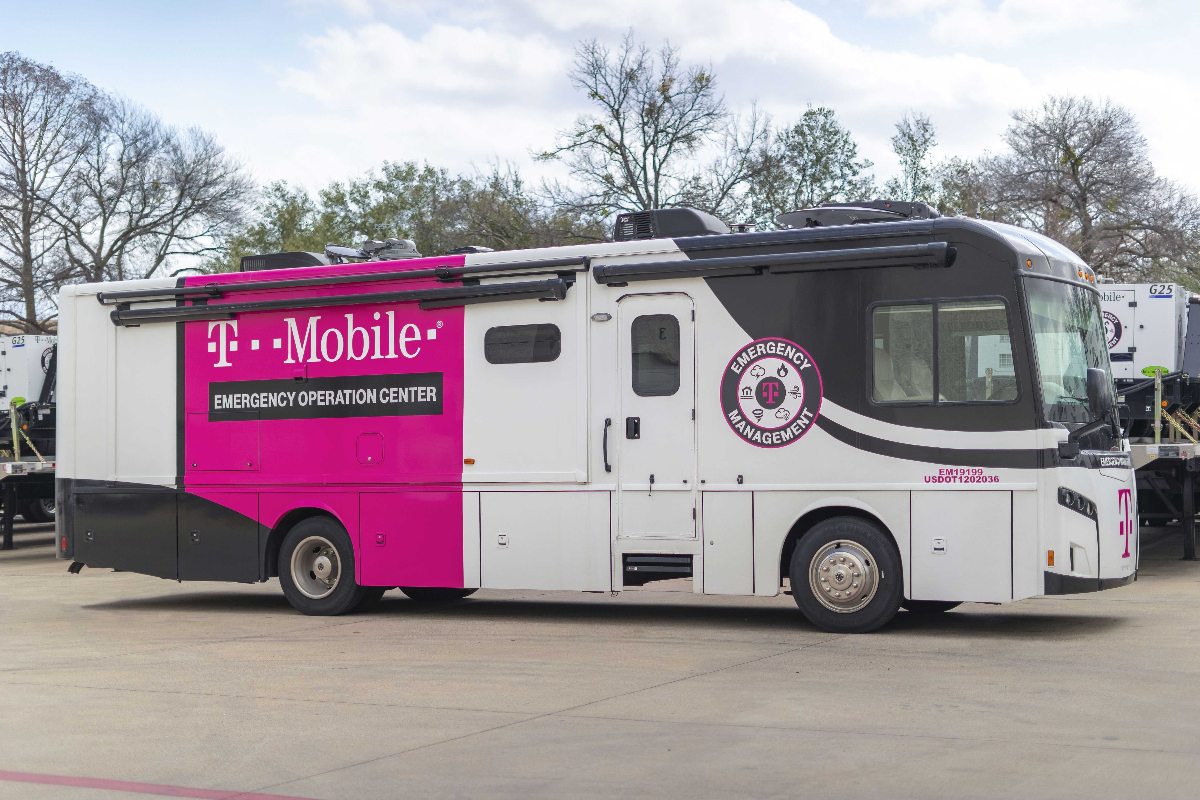Last week proved to be a particularly eventful one for the Federal Communications Commission (FCC), with T-Mobile grabbing the spotlight for the biggest story of the week. However, the news might not be welcomed by T-Mobile’s customers.
T-Mobile is looking to migrate subscribers on older phone plans to newer and more expensive plans. A leaked series of documents on Reddit, later confirmed by The Mobile Report and Cord Cutters News, revealed that users can expect to pay an additional $10 per line, per month. Fortunately, customers will have the option to opt out of the migration, although they will likely be subjected to a sales pitch from customer care. The migration, though, seems to contradict T-Mobile’s commitment to transparency and an un-carrier approach.
On the other hand, the FCC presented a plan that is likely to please consumers. The proposal requires cable TV operators such as Spectrum or DIRECTV to automatically provide rebates or credits to subscribers in the event of a blackout resulting from a distribution agreement failure. This proposal aims to address situations like the Spectrum-Disney dispute lasting two weeks or the DIRECTV-Nexstar dispute lasting three months. Typically, customers have to go through the hassle of calling customer service to secure credits, but with this new proposal, they would automatically receive them. Unsurprisingly, the cable TV industry has expressed its opposition to the plan, arguing that it weakens their negotiation leverage.
Additionally, the FCC set a deadline for broadband “nutrition” labels to be offered to consumers. These labels, resembling food labels, break down the fine print on the pricing and speed of broadband services, including details like data caps or throttling thresholds. Google, however, seems to be ahead of the game, already unveiling its broadband label even though the earliest deadline for compliance is not until April 10, 2024.
In streaming news, Disney is reportedly planning to merge its subscription services, Disney+ and Hulu, into a single app. The merger is expected to take place in March of next year, coinciding with the introduction of a new bundle offer. It remains to be seen whether this bundle will be enticing enough for consumers who are already concerned about the growing number of subscriptions they have.
Lastly, Sling Freestream, the ad-supported version of Sling TV’s subscription service, is contemplating some changes. Users received a survey suggesting potential additions, such as a free DVR with 10 hours of storage in exchange for a free account, as well as pay-per-view and “premium events.” However, it is unclear what qualifies as a premium event, and there is no guarantee that these changes will be implemented, as Sling TV stated that it is constantly seeking ways to improve based on user feedback.
Overall, it was certainly a busy week in the world of the FCC, with significant developments impacting both T-Mobile subscribers and cable TV operators, while Disney and Sling TV pondered changes to their offerings.

